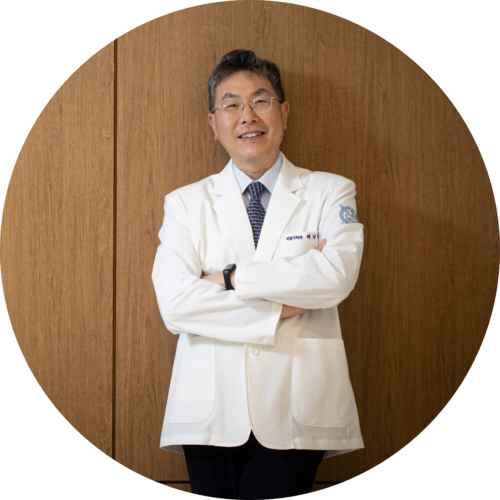Therapeutic transcranial DC Stimulation
Nam-Jong Paik, MD, PhD President & CEO of the Seoul National University Bundang Hospital, Professor of the Department of Rehabilitation Medicine, Seoul National University College of Medicine, South Korea
Neuroplasticity plays a major role during the recovery process of motor impairment, aphasia, dysphagia, and other symptoms after stroke. Neuromodulation technique, such as repetitive transcranial magnetic stimulation (rTMS) and transcranial direct current stimulation (tDCS), has gained growing importance in the field of stroke rehabilitation, and provides means to modulate brain cortical activity in a specific brain region and induces plasticity or long-lasting facilitative effect of the network that has been stimulated. Using their after-effects, we can potentially facilitate motor, cognitive, and language recovery after stroke.
According to the available literature on the effect of the transcranial DC Stimulation for stroke recovery, this modality demonstrated conflicting results, but still has a potential to be used as an adjuvant therapy for stroke rehabilitation when appropriately combined with behavioral therapy. However, the further establishment of stimulation protocols maximizing the beneficial effect of interventions in terms of the optimal target population, delivery timing and stimulation parameters should further be pursued. Up to now, transcranial DC Stimulation for stroke rehabilitation is off label, and needs a large-scale phase III clinical trials, with eventually proof of effectiveness in a meta-analysis study. In this lecture, I will introduce studies on the application of transcranial DC Stimulation for neurorehabilitation.
Short Bio
Currently, I am the President & CEO of the Seoul National University Bundang Hospital, and the Professor of the Department of Rehabilitation Medicine, Seoul National University College of Medicine.
I received my M.D. from Seoul National University and Ph.D. in preventive medicine from Seoul National University. I did my residency training in rehabilitation medicine at the Seoul National University Hospital. At SNUH I did a 2-year clinical fellowship, studying neurorehabilitation and clinical neurophysiology. I also studied at the Human Cortical Physiology Section of the NIH/NINDS as a visiting fellow for the year 2005-2006. I became an assistant professor at Seoul National University in 2001 and a tenured professor in 2010.
As a hospital administrative track, I had been in positions of Chief Public Health Officer, Chief Finance & Strategic Officer, Chief Communications Officer, the Director of the Referral Center, and the Department of Rehabilitation Medicine.
At medical college, I served as the Chair of the Department of Rehabilitation Medicine between 2020-2021.
Academically, I am the Chair of the Research Committee of the World Federation for NeuroRehabilitation. I am also serving as the Editor for ‘Annals of Physical and Rehabilitation Medicine‘.
Now, I am a member of the National Academy of Medicine of Korea, and serving as a board of directors for the Korean Academy of Rehabilitation Medicine, the Korean Society for NeuroRehabilitation, the Korean Geriatric Society, and the Korean Telemedicine Society.
I was the member-at-large of the World Federation for NeuroRehabilitation between 2016-2020, the first president of the Asia-Oceanian Society for NeuroRehabilitation between 2015-2019, and the Chair of the Korean Society for NeuroRehabilitation between 2019-2021.
I received the 2019 ‘Seok-Jeon’ Lifetime Achievement Award and the 2014 Scientific Award from the Korean Academy of Rehabilitation Medicine, the Fletcher H. McDowell Award from the American Society for Neurorehabilitation in 2007 and the first Place Poster Award from the American Congress of Rehabilitation Medicine in 2009.
Research Interests
My research interests are to develop novel therapeutic approaches for the restoration of function in humans and to understand these mechanisms. I am also interested in improving the function of the elderly. The principal diseases studied are stroke, dementia, and aging, and the principal symptoms I am studying are weakness, sensory loss, dysphagia, spasticity, cognitive dysfunction, excretory dysfunction, pain, etc.
My work recently focuses on developing rational therapeutic strategies to improve function and learning ability in stroke patients. I employ neuromodulation techniques such as transcranial magnetic stimulation (TMS), transcranial direct current stimulation (tDCS), and neuroimaging. I am also interested in robotic rehabilitation and mobile-health application in neurorehabilitation adopting virtual reality and mobile device technologies.
Selected Recent Publications: https://pubmed.ncbi.nlm.nih.gov/?term=Paik+NJ&sort=date
Invited Lectures:
http://hosting03.snu.ac.kr/~rehabdoc/lecture.htm

